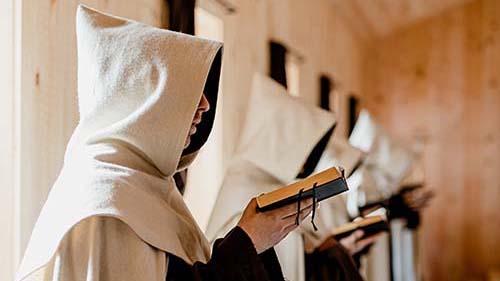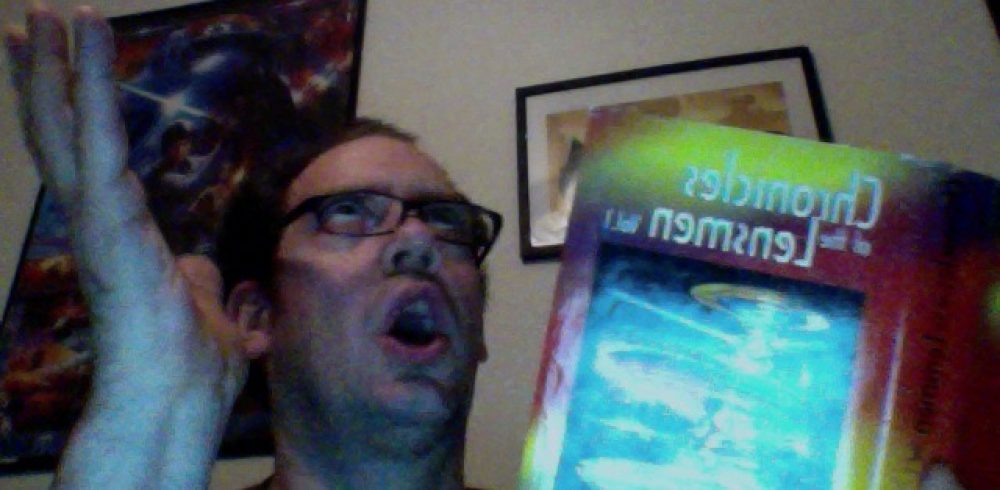As I try to do every year, it is time to take out Dr. Leonard Peikoff’s ridiculous article “Christmas Should Be More Commercial,” and beat it up a little bit.
Why do I do this every year?
Why do you think? In this day and age where people beat the living shit out of each other over toys, step over ailing fellow citizens, shoot each other over mall parking spaces, and “Black Friday Death Count” will give you enough results for days of readings – it a naive question to ask why.
So let’s dig in with the first paragraph.
Christmas in America is an exuberant display of human ingenuity, capitalist productivity, and the enjoyment of life. Yet all of these are castigated as “materialistic”; the real meaning of the holiday, we are told, is assorted Nativity tales and altruist injunctions (e.g., love thy neighbor) that no one takes seriously.
As far as the first sentence is concerned this is not in anyone’s mind for Christmas. First, we can display the first two characteristics at anytime of the year. To take a negative example: if a drunk invites you to his party for Sunday night, you might want to ask what the occasion is since the man drinks all seven days of the week. As for the enjoyment of life it is not the commerciality of Christmas that marks the spirit of Christmas. No Christmas movie I grew up with extolled the enjoyment of life as getting a bunch of shit one morning.
What this is is Peikoff taking a few incidentals and, to makeshift some sort of holiday that fits under his philosophy (as he accuses the Christians of doing later) making them the essentials, the defining essence of the holiday. Note that children do not experience “human ingenuity” and “capitalistic productivity” they think the stuff comes from Santa Clause! A character which, under Objectivist thinking, is on equal par with Jesus or God.
And let’s not forget, in ObjectivistLand there already is a holiday celebrating capitalistic productivity; namely Thanksgiving. Yes, the nuts actually redefined Thanksgiving to honor Henry Ford. But this one is different because you are supposed to enjoy yourself this time?
Then Peikoff (is this only the first paragraph?) does the usual Objectivist either/or and says these characteristic are castigated as “materialistic.” Well, yes. But let’s note that only Objectivists actually extol this non-existent vision of Christmas. What is castigated is the championing of these characteristics to the exclusion of all others.
In fact, Christmas as we celebrate it today is a 19th-century American invention. The freedom and prosperity of post-Civil War America created the happiest nation in history. The result was the desire to celebrate, to revel in the goods and pleasures of life on earth. Christmas (which was not a federal holiday until 1870) became the leading American outlet for this feeling.
This is true and not true. Christmas as we celebrate it today in America is a 19th-century American invention. However, there were many other parts of the world that had similar festivities that centered around a certain Saint Nicholas, or derivatives from.
From History.com
18th-century America’s Santa Claus was not the only St. Nicholas-inspired gift-giver to make an appearance at Christmastime. Similar figures were popular all over the world. Christkind or Kris Kringle was believed to deliver presents to well-behaved Swiss and German children. Meaning “Christ child,” Christkind is an angel-like figure often accompanied by St. Nicholas on his holiday missions. In Scandinavia, a jolly elf named Jultomten was thought to deliver gifts in a sleigh drawn by goats. English legend explains that Father Christmas visits each home on Christmas Eve to fill children’s stockings with holiday treats. Pere Noel is responsible for filling the shoes of French children. In Russia, it is believed that an elderly woman named Babouschka purposely gave the wise men wrong directions to Bethlehem so that they couldn’t find Jesus. Later, she felt remorseful, but could not find the men to undo the damage. To this day, on January 5, Babouschka visits Russian children leaving gifts at their bedsides in the hope that one of them is the baby Jesus and she will be forgiven. In Italy, a similar story exists about a woman called La Befana, a kindly witch who rides a broomstick down the chimneys of Italian homes to deliver toys into the stockings of lucky children.
Then Peikoff goes off into sketchy history. I have never read a definitive account of the Christians purposefully taking over the pagan holiday and “faking” the date of Jesus’ birth to stamp out the pagan practice of the winter solstice celebrations. Never mind the derivativeness of the Roman holiday – Romans good! Christians bad!
To Be Continued…



